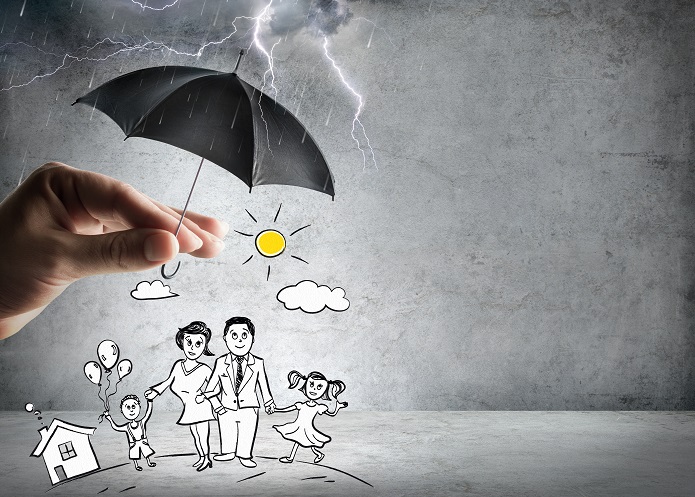 Credit rating is a term bandied about when it comes to getting loans and credit cards, but what is it? If you get turned down because of it, how can you improve it? Here’s the definitive on what’s what.
Credit rating is a term bandied about when it comes to getting loans and credit cards, but what is it? If you get turned down because of it, how can you improve it? Here’s the definitive on what’s what.
What is a credit rating?
Your credit rating is a company’s estimate of how safe they think you are to lend to.
If you apply to borrow money – be it for a credit card or monthly instalments on your new kitchen – the company you’re applying to borrow from uses your credit rating to decide whether or not to lend you the money.
How good your credit rating is will determine not just whether they lend you the money. It also affects the actual deal you are offered.
Each credit rating you get is different. It depends on the company and product you are applying to. So you can be turned down by one, but accepted by another.
Each company gives you a credit rating based on the type of customer it wants. A credit rating is not a number. It’s a company’s opinion.
Lenders use your credit rating as just one part of their decision to lend money.
There are three credit agencies for people in the UK: Equifax, Experian and Callcredit. Lenders use at least one of these when they asses you.
What affects my credit rating?
The key things that affect your credit rating are:
- How much debt you have (See how to get out of debt)
- Interest rates
- How much credit you have used already
- How you currently spend
- How you currently save (See how to protect your savings)
- How easily and reliably you will be able to repay a loan
The three credit agencies get information from:
- The Electoral Roll – this shows who lives where, and who with
- Court records – to see if you’ve had debt problems
- Which other companies have looked at you when you’ve applied for credit before
- Anyone you have any financial involvement with
- Any fraud relating to you
But lenders can’t see:
- Salary
- Savings accounts
- Criminal record
- Medical history
- Race or religion
- Driving or parking fines
- Declined applications
- Information on relatives whose finances aren’t related to yours
- Child Support Agency
- Any missed payments or bankruptcy that is older than six years
- Whether you’ve checked your file yourself
How can I improve my credit rating?
- Find out what your credit rating is. By going onto the credit agencies’ websites you can see how each of the three agencies rates you for free. If it contains mistakes or out of date information, write to them and ask them to update it.
- Keep across your finances, so you don’t look like a risk to a future lending company. Take a look at our 30 minute budget makeover.
- Appear secure: a full time employee with a mortgage looks more reliable to a lender than someone on contract renting their home.
- Don’t share accounts with someone who has a bad credit rating. Get rid of joint bills, bank accounts or existing loans/mortgage if so – even if you are married to them!
- Get rid of unused credit cards or loans you don’t need. It’s better to pay off a loan with savings, than to have both the savings and the debt. Find out how to use credit cards. Here’s how to get a credit card with bad credit.
- Don’t apply for several things at once.
- Make sure you’re on the Electoral Roll.
























